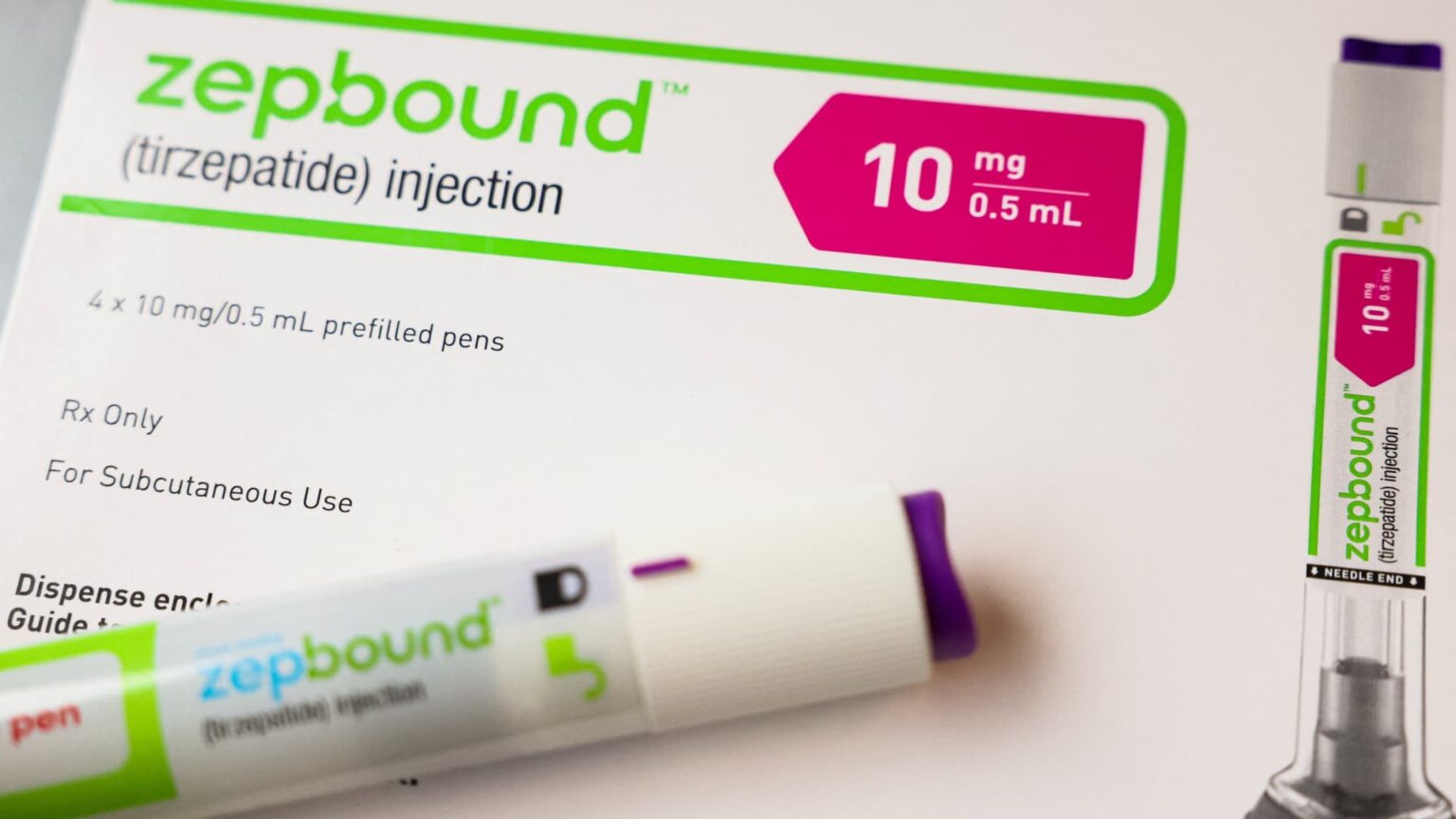Eli Lilly Takes Legal Action Against Telehealth Companies Over Copycat Drugs
Published on December 11, 2023
Eli Lilly has initiated legal proceedings against four telehealth companies—Mochi Health, Fella Health, Willow Health, and Henry Meds—over their marketing and distribution of compounded versions of its medications, Zepbound for weight loss and Mounjaro for diabetes management. This lawsuit marks Lilly’s latest effort to combat the rising trend of unauthorized drug alternatives amid growing consumer demand.
Allegations Against Telehealth Companies
In the lawsuits filed on Wednesday, Eli Lilly claims that these companies are misleading consumers by promoting “untested, unapproved drugs” instead of its well-established treatments. The pharmaceutical giant argues that the companies falsely present their offerings as personalized medications while actually mass-marketing variations designed to evade FDA regulations.
Particularly concerning for Lilly is the assertion that some telehealth platforms are selling drug formulations, such as oral tablets and drops, that lack thorough clinical evaluation.
Response from the Companies
Mochi Health released a statement asserting its compliance with FDA guidance and pharmacy regulations. Meanwhile, the other companies involved have not responded to requests for comment from CNBC.
Lilly’s Mounjaro had previously experienced shortages beginning in late 2022, prompting some pharmacies to engage in compounding. This surge in compounded alternatives has been observed in other markets as well, particularly for Novo Nordisk’s weight loss treatment, Wegovy.
The Role of Compounding in Drug Availability
The increasing availability of compounded medications arose from patients’ struggles to access brand-name drugs either due to stock shortages or lack of insurance coverage. Mass compounding of tirzepatide, the active ingredient in both Zepbound and Mounjaro, was expected to cease with the FDA’s declaration of the end of the drug shortage, yet some pharmacies continued this practice.
Allegations of Unlawful Practices
In its legal filings, Eli Lilly raises concerns that these companies may be engaged in unlawful corporate practices. For instance, Mochi Health’s CEO, Myra Ahmad, has previously stated confidence in the prescription model, emphasizing that licensed medical providers make decisions best suited for their patients. However, Lilly’s suit contends that Ahmad, who is not currently practicing medicine, along with unlicensed owners, improperly influence medical decisions.
Additionally, the company alleges that Fella Health improperly altered patient regimens by switching individuals en masse between different formulations without sufficient justification.
The Future of the Legal Battles
The legal action aims to halt the telehealth sites from marketing or selling compounded versions of tirzepatide. However, given the complexity of legal proceedings, it could take considerable time for these cases to proceed through the judicial system.
